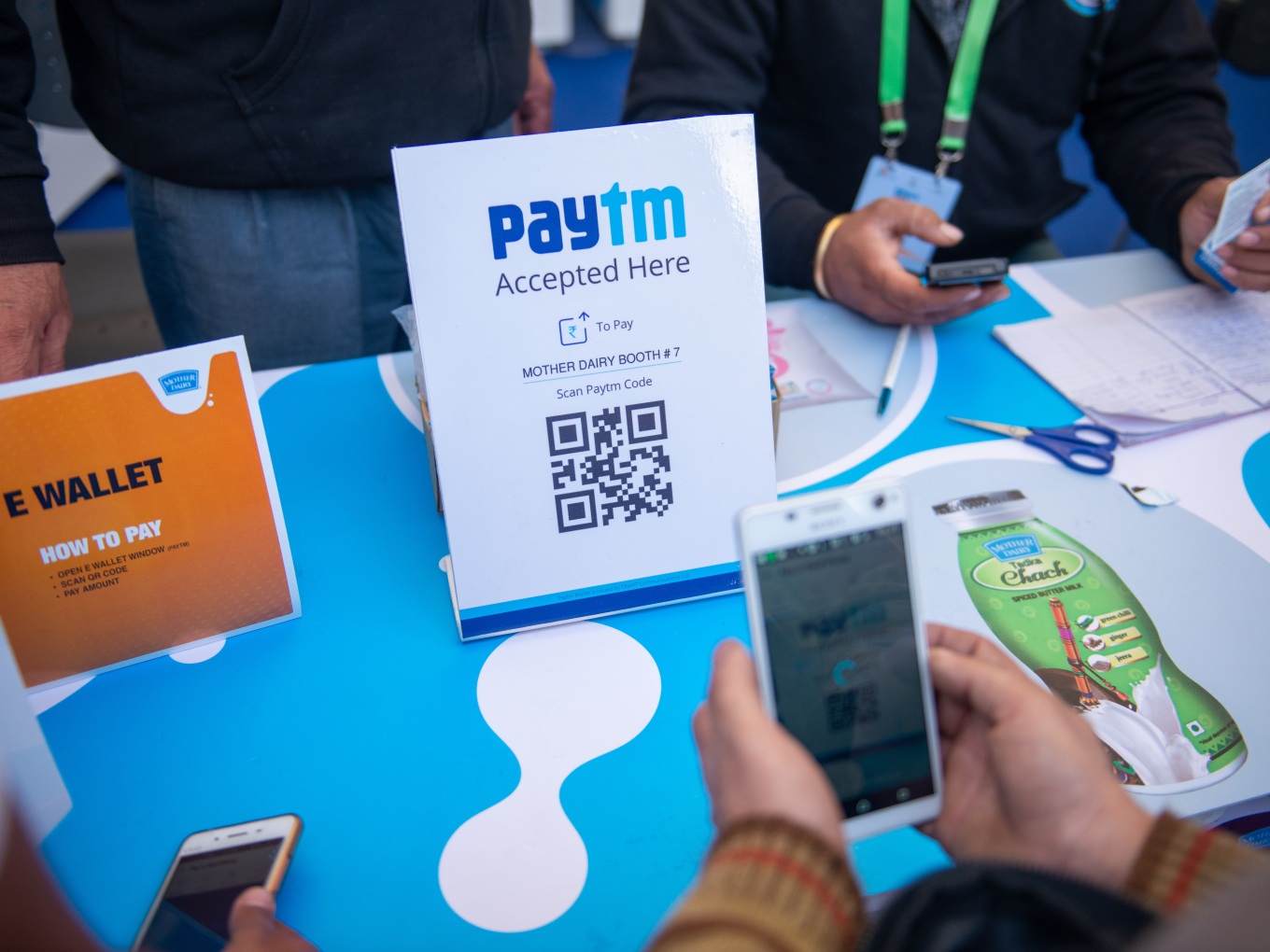
India is engaged in discussions with countries across Africa and South America to help them establish digital payment systems modeled on its Unified Payments Interface (UPI), with expectations of launching two such systems by early 2027, according to Ritesh Shukla, CEO of NPCI International Payments Ltd (NIPL). The NIPL, an arm of India’s National Payments Corporation of India (NPCI), is currently in talks with “several countries” and is nearing an agreement with one of them.
The NPCI, operating as a public non-profit under India’s central bank, manages UPI, the country’s most widely used digital payment system. UPI saw a significant surge in usage, with transactions growing by 41% to nearly 15 billion in August. The international expansion of UPI is being spearheaded by the NIPL, which aims to promote the adoption of India’s payment systems overseas. According to an anonymous source familiar with the discussions, NIPL has approached at least 20 countries in Africa and South America to assist in creating a system similar to UPI.
This year, the NIPL has already signed agreements with the central banks of Peru and Namibia to help them build real-time payment systems akin to UPI, with launches anticipated by late 2026 or early 2027. Rwanda has also engaged in serious discussions with the NIPL, according to another source, although neither source is authorized to speak to the media. Shukla refrained from revealing the number of countries involved in the talks or whether Rwanda is among them.
In addition to assisting countries with building payment systems, the NIPL is also responsible for linking UPI to other countries’ real-time payment systems, such as Singapore’s PayNow. Currently, there are seven such connections, with more planned, although further details were not provided.
The NIPL aims to expand its current 60-member team by March 2025, with plans to place more staff in overseas locations. Currently, its executives are based in Singapore and the Middle East.
Featured Image courtesy of Inc42
Follow us for more updates on digital payments.
